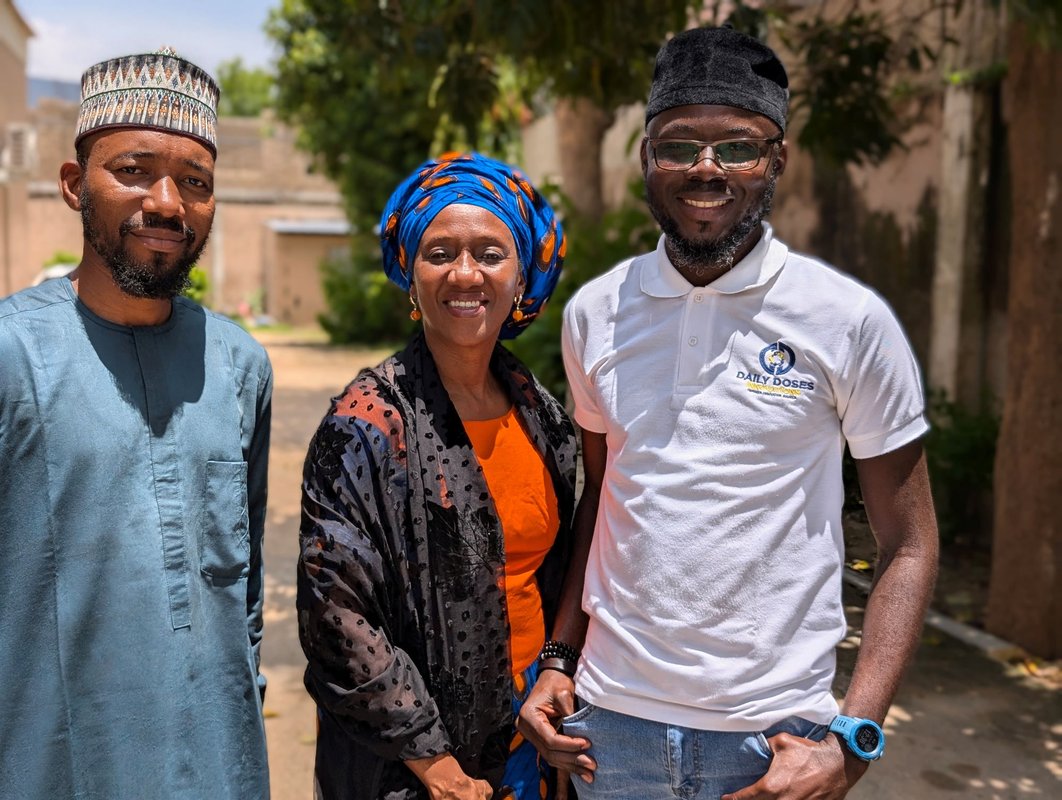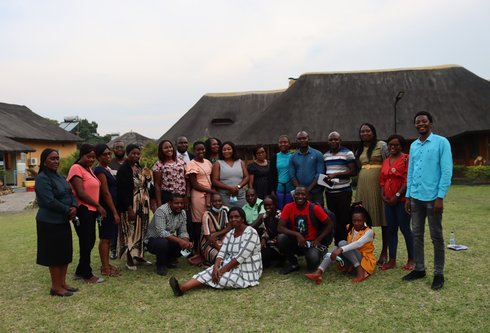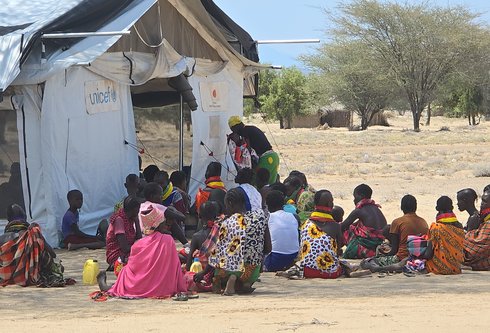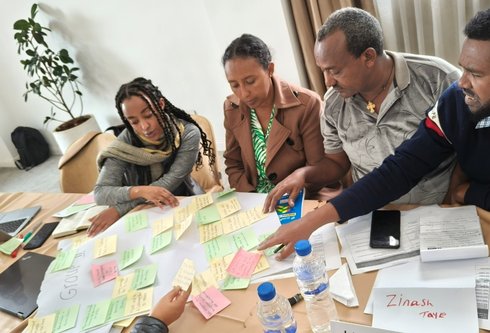A new chapter for Living Labs
Over the last year, PATH’s Living Labs team has expanded its human-centered design (HCD) work into Nigeria, bringing our proven 4D approach (Discover, Define, Develop, Deliver) to a new context with different challenges and enormous potential. The expansion was driven by a clear and urgent need: Kano State, the most populous in Nigeria, has one of the country’s highest numbers of zero-dose children—those who have not received a single routine vaccine.
PATH partnered with the Clinton Health Access Initiative (CHAI) Nigeria, which was already active in Kano and eager to expand its experience with HCD. Learning from our successful expansion in Ethiopia, we adapted our model to provide more in-person support, working closely with CHAI, the Ministry of Health, and key partners to build capacity from the ground up.
Bringing the Living Labs approach to life
The collaboration began in June 2024, when CHAI started laying groundwork in Kano. PATH’s Living Labs team then joined in person for a week-long training workshop, introducing the 4D methodology to staff from CHAI, United Nations Children's Fund (UNICEF), Solina, the Ministry of Health, and other key partners.
Each day of the workshop focused on one phase of the 4D process, culminating in a hands-on analysis of real field data on the final day. This immersive learning set the stage for a second convening, which was a co-creation session that brought together a wide range of stakeholders, including health workers, traditional and religious leaders, caregivers, mothers, and fathers.
These diverse voices were organized into groups to design solutions grounded in the real causes of low vaccination uptake. What emerged was a powerful example of how design thinking, when rooted in community insight, can create more culturally relevant and effective solutions.
In the second week, we analyzed the data and each group wrote a design question using the "How might we…?” format. Examples include: "How might we engage male caregivers so they can make better decisions about facility births and timely birth-dose vaccination?" or "How might we equip facilities with information to share on birth-dose vaccination?"
Tailoring support to local needs
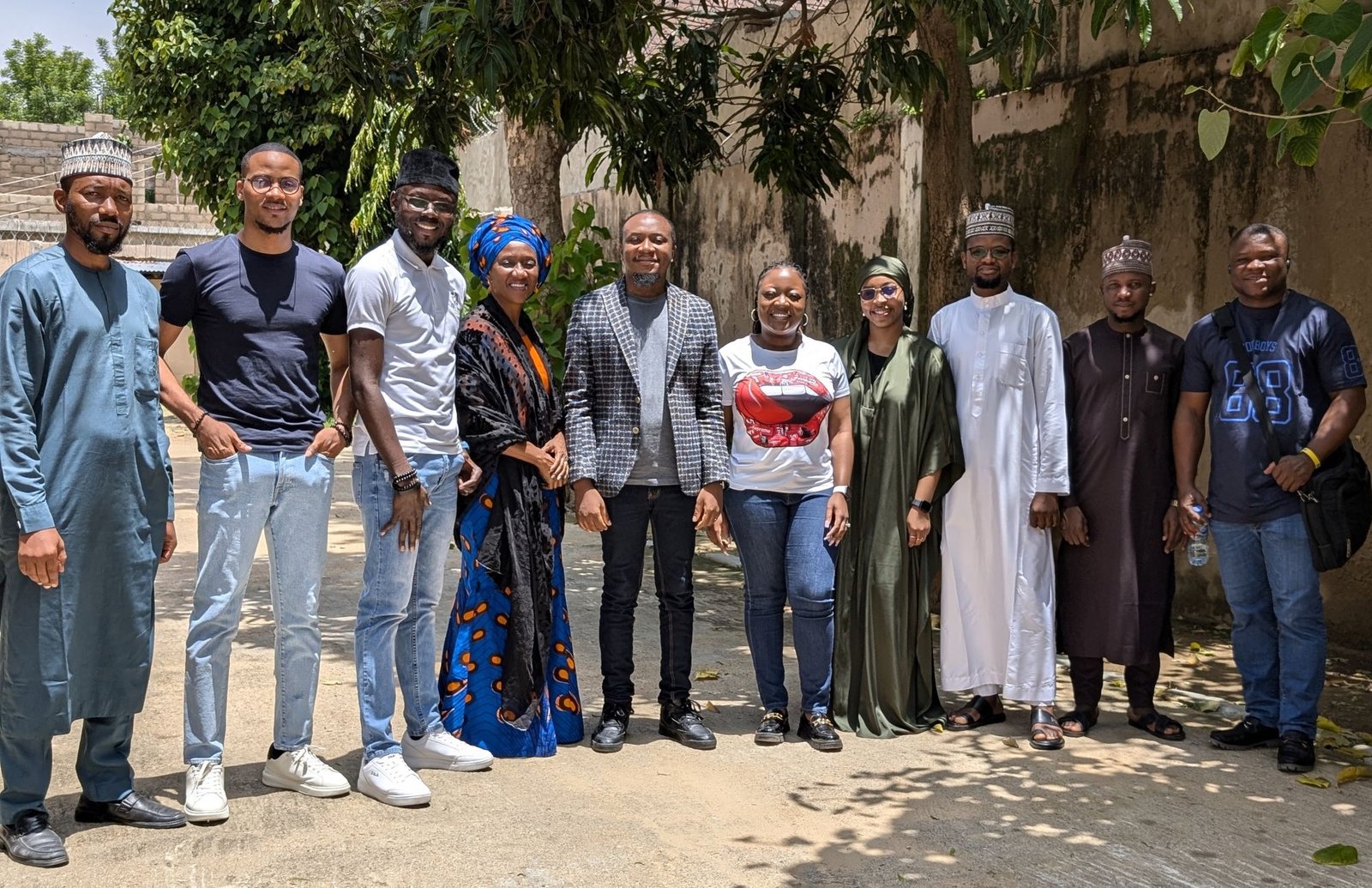
PATH’s Living Labs team, with collaborators from CHAI, UNICEF, Solina, the Ministry of Health, and other key partners, at a training session in Kano state. Photo: PATH/Living Labs.
Throughout the process, PATH remained a supportive backbone, providing technical guidance while CHAI led on implementation. Living Labs team members were available for consultations and are now providing monitoring and evaluation expertise.
As CHAI began implementing selected concepts, PATH supported efforts to remain aligned with the HCD process while thoughtfully adapting tools and timelines to the local context.
This flexibility was important. Given tight timelines and a dynamic implementation environment, some steps in the 4D process unfolded out of sequence. The Living Labs team provided course correction where needed, emphasizing that each phase builds on the last and contributes to stronger, more sustainable solutions. The experience underscored the value of balancing structure with adaptability while working in partnership.
Context matters: Designing for religion and culture
What stood out in Nigeria was the importance of thoughtfully integrating cultural and religious contexts into the design process. In some sections of Kano, religious beliefs significantly influence perceptions of vaccination. Many of the co-created solutions centered on education and sensitization efforts that respected and aligned with local religious and cultural practices, helping to build trust and reinforce the value of immunization for preventing disease.
Rather than treating religion as a barrier, the team embraced it as part of the solution. By engaging faith leaders and aligning messaging with religious values, the approach built a foundation essential for long-term success.
What’s next: Scaling and shifting
CHAI is now leading the next phase of implementation, with PATH continuing to provide strategic and technical support. The work is expanding to new partners, including Direct Consulting and Logistics Ltd, which was awarded a grant through our recent Request for Application, and moving into additional local government areas.
This next round of activities will focus on more urban settings, a shift from CHAI’s previous rural focus in Kano.
A kickoff meeting is planned shortly after protocol approval, and the Living Labs team will return in person to conduct workshops, co-creation sessions, and hands-on support. A virtual training was just held, using real data to guide the next wave of design work.
The momentum in Nigeria reflects not just a successful expansion, but a deepening of the Living Labs approach—one that adapts, listens, and grows stronger through local partnerships and community ownership.
